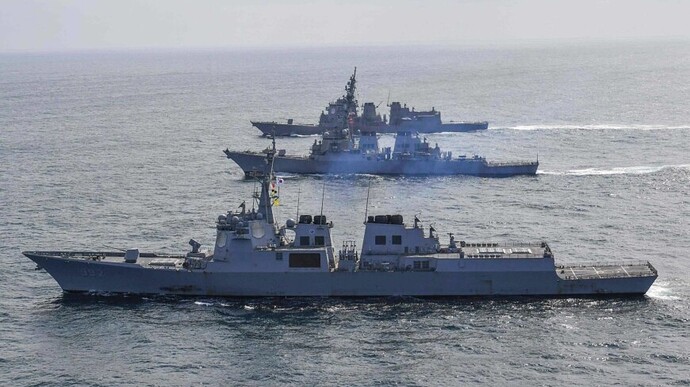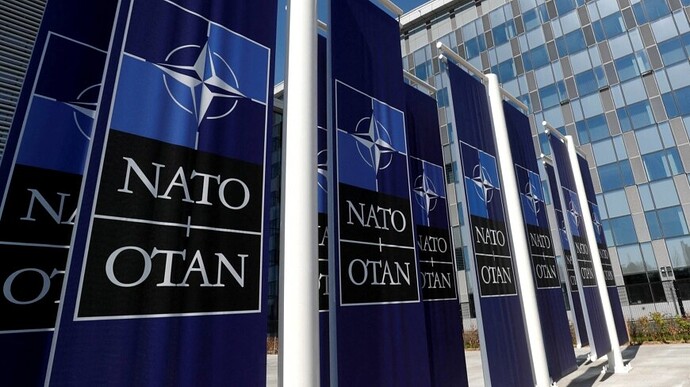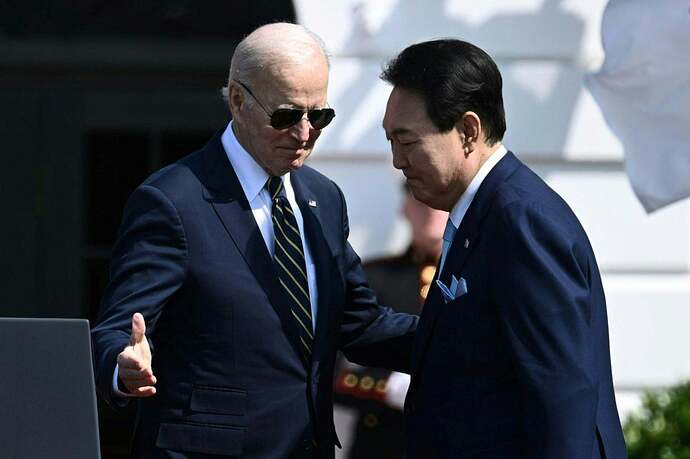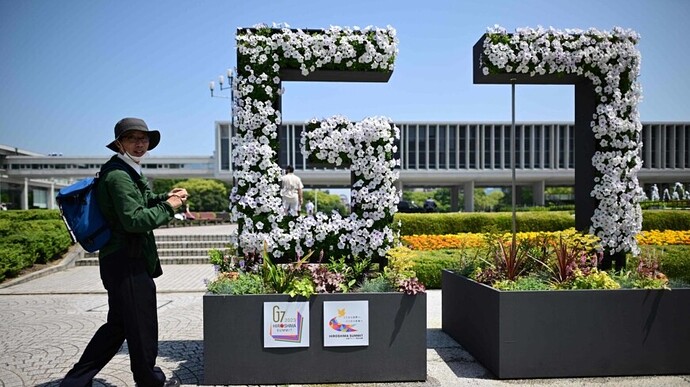Prime Minister Fumio Kishida is a Japanese politician and the current leader of the ruling Liberal Democratic Party (LDP) in Japan. He was elected as the successor to Yoshihide Suga on September 29, 2021, and officially took office on October 4, 2021.
Early Life and Education
Kishida was born on July 29, 1957, in Minami-ku, Hiroshima, Japan. His father, Sunao Kishida, was a politician and former member of the House of Representatives, who served as a secretary to former Prime Minister Hayato Ikeda. Kishida was raised in Hiroshima and attended Hiroshima Jogakuin Junior and Senior High School, a private all-girls school.
In 1982, Kishida graduated with a degree in law from Waseda University, where he was a member of the Waseda University Rugby Football Club. After graduation, he joined the Ministry of Foreign Affairs and served in various posts in Japan and abroad, including as a diplomat in the United States and as a counselor at the Japanese embassy in Beijing, China.
Political Career
Kishida entered politics in 1993 when he was elected to the House of Representatives as a member of the LDP. He has served in various posts in the Japanese government, including as Minister for Foreign Affairs and Minister of State for Okinawa and Northern Territories Affairs.
During his time as Minister for Foreign Affairs from 2012 to 2017, Kishida played a key role in Japan’s foreign policy, including the U.S.-Japan alliance, relations with China and South Korea, and Japan’s participation in international organizations such as the United Nations.
Kishida also served as the head of the LDP’s Policy Research Council from 2017 to 2021, where he was responsible for developing the party’s policies on a wide range of issues, including economic revitalization, social security reform, and regional revitalization.
Political Views and Policies
Kishida is considered a moderate within the LDP and has been described as a “pragmatic reformist.” He has advocated for policies that promote economic growth and social welfare, while also balancing Japan’s fiscal situation.
In terms of foreign policy, Kishida has emphasized the importance of maintaining a strong U.S.-Japan alliance and has called for greater cooperation with Japan’s neighbors, including China and South Korea. He has also emphasized the importance of Japan’s role in international organizations and has advocated for a more proactive Japanese foreign policy.
Kishida has also been a strong advocate for regional revitalization in Japan and has called for policies that promote the development of rural areas and small businesses.
Controversies
Kishida has been criticized for his comments on historical issues, including Japan’s wartime aggression and the country’s use of “comfort women” during World War II. Kishida has been accused of downplaying Japan’s role in the atrocities committed during the war, and his comments have sparked protests in Japan and abroad.
In 2017, Kishida faced criticism over his handling of a land sale scandal, which involved the sale of land by the government to a school operator with ties to Prime Minister Shinzo Abe’s wife. Kishida was criticized for not doing enough to investigate the scandal and for failing to hold those responsible accountable.
Personal Life
Kishida is married and has two daughters. He is known for his love of rugby and has been a supporter of the Waseda University Rugby Football Club, where he was a member during his time at the university. He has also been a supporter of the Hiroshima Carp, a professional baseball team based in Hiroshima.
Conclusion
Prime Minister Fumio Kishida is a seasoned politician who is respected for his experience and moderate views. As Japan’s leader, he faces numerous challenges, including the ongoing COVID-19 pandemic, economic recovery, and maintaining peaceful relations with Japan’s neighbors. Kishida’s policies and leadership style will be closely watched by both the Japanese public and the international community.
Disclaimer
6do Encyclopedia represents the inaugural AI-driven knowledge repository, and we cordially invite all community users to collaborate and contribute to the enhancement of its accuracy and completeness.
Should you identify any inaccuracies or discrepancies, we respectfully request that you promptly bring these to our attention. Furthermore, you are encouraged to engage in dialogue with the 6do AI chatbot for clarifications.
Please be advised that when utilizing the resources provided by 6do Encyclopedia, users must exercise due care and diligence with respect to the information contained therein. We expressly disclaim any and all legal liabilities arising from the use of such content.


















